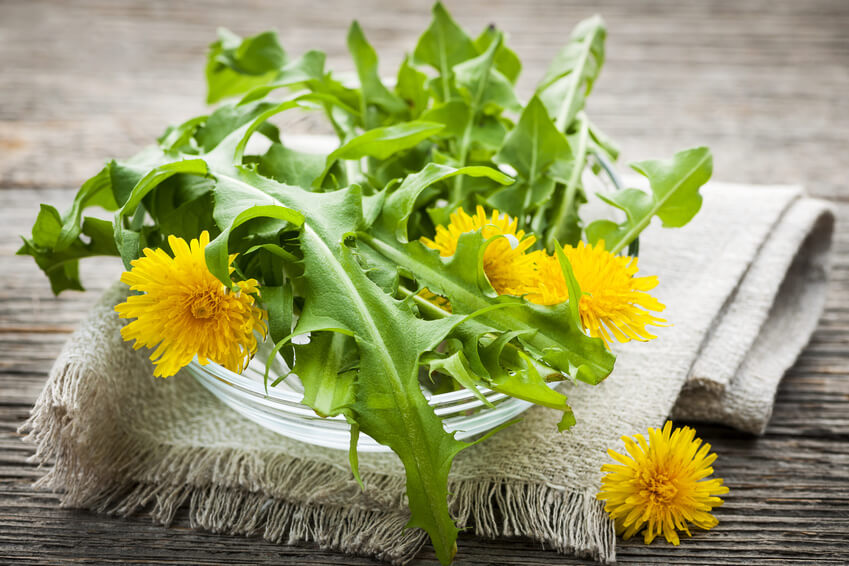December 2018
S Alzahrani, W Ezzat, R E Elshaer, A S Abd El-Lateef, H M F Mohammad, A Y Elkazaz, E Toraih, S A Zaitone
Abstract
Strong evidence proposes that brain oxidative DNA damage and microglia activation contribute to Parkinson's disease (PD) pathogenesis. Traditional therapeutic regimens for PD can only relieve the symptoms.
Tribulus terrestris (T. terrestris), a flowering plant from family Zygophyllaceae, is used in traditional medicine for treating different disorders and exerts neuroprotective and antioxidant effects in experimental models.
The current study attempted to test whether treatment with T. terrestris standardized extract (TTE) can improve motor dysfunction and alleviate rotenone induced oxidative DNA damage and neurotoxicity in mice.
Six groups of male Swiss albino mice were utilized. Group (1) was the vehicle (oil) group, group 2 was the rotenone control group (1 mg/kg/48 hours, subcutaneously) for 9 times, groups 3 and 4 were injected with rotenone and treated with TTE (5 or 10 mg per kg, by oral gavage) for 17 days, groups 5 and 6 served as TTE (5 or 10 mg per kg) per se groups. Motor function was measured by the pole and the open-field tests. Then, mouse brains were dissected, one hemisphere was employed for biochemical assays and the other one was used in histopathological studies.
Results demonstrated that TTE ameliorated the motor dysfunctions induced by rotenone as well as markers of inflammation and DNA damage (8-OHdG and MTH1 expression). Indicators of oxidative stress and upregulation of the microglia marker (CD11b) were suppressed by the higher dose of TTE (10 mg per kg). Finally, the higher dose of TTE improved the Cresyl violet staining and tyrosine hydroxylase immunostaining in the substantia nigra.
In summary, TTE ameliorated the locomotor dysfunction and dampened the DNA damage and oxidoinflammatory stress in rotenone-parkinsonian mice. These results suggest TTE as a potential candidate for neurodegenerative diseases.











